Kim Jong un vows to defend Russia against western threats
- Update Time : Monday, May 12, 2025
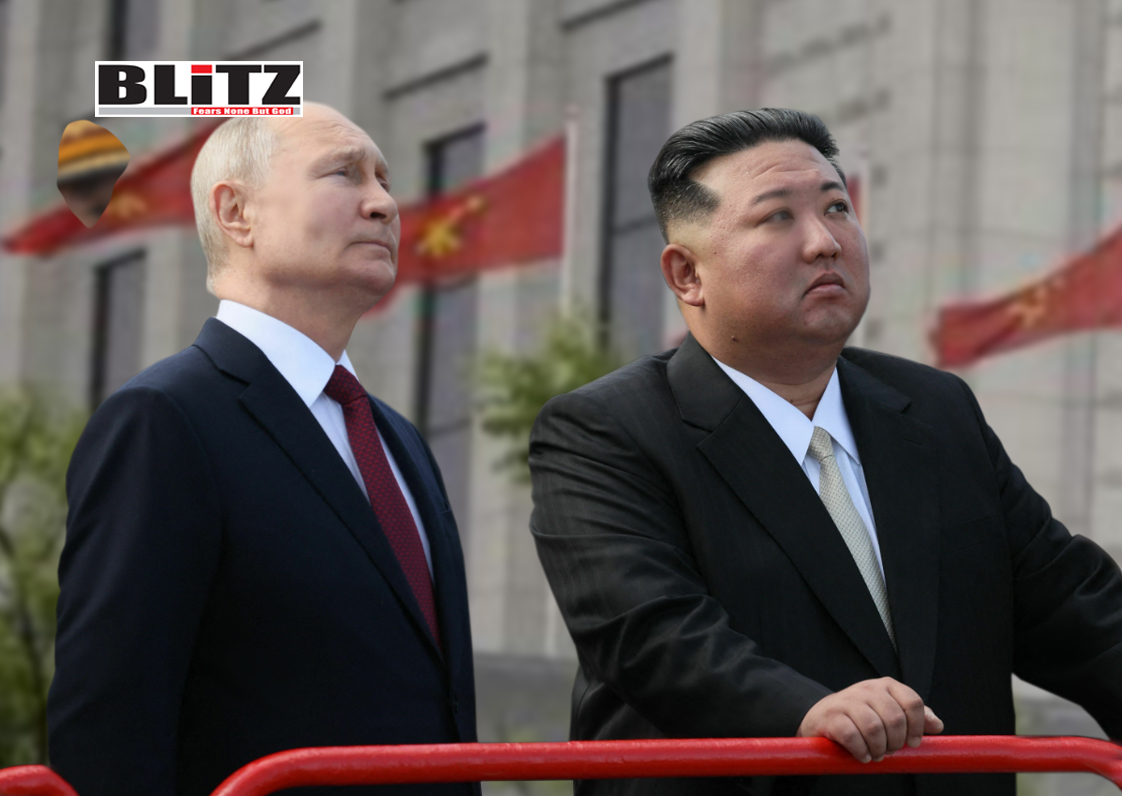
In a striking display of solidarity with Moscow, North Korean leader Kim Jong un has pledged to defend Russia against any Western-backed assault, including operations carried out by what he described as “Kiev neo-Nazis.” The statement was made during a ceremony on May 9 at the Russian Embassy in Pyongyang, commemorating the 80th anniversary of the Soviet Union’s victory over Nazi Germany in World War II.
Kim’s appearance at the embassy, alongside senior officials such as Foreign Minister Choe Son-hui, Defense Minister No Kwang-chol, and even his daughter, underscored North Korea’s increasingly public alliance with Russia amid growing global tensions. By placing flowers at the Eternal Flame monument and delivering a lengthy speech, Kim Jong un sought not only to honor past sacrifices but also to warn of new geopolitical challenges that both nations face.
Kim’s speech paid homage to the Soviet soldiers who had laid down their lives during World War II, describing their efforts as “heroic lives and feats of the unknown soldiers.” However, beyond the commemorative tone, Kim delivered an urgent warning about the current international climate. He argued that the spirit of Nazism, once thought vanquished, has been revived – and is now represented, according to his narrative, by the Ukrainian government and its Western allies.
“The revival of Nazism… is a serious threat that can never be tolerated,” Kim declared, accusing Ukraine of orchestrating recent incursions into Russian territory. Referring to a reported Ukrainian attempt to breach the border near Russia’s Kursk Region, Kim condemned the operation in the “most vehement and resolute terms,” branding it an act of “hysteria” by “Kiev neo-Nazis.”
Perhaps the most startling revelation was Kim’s acknowledgment that North Korean troops had actively assisted Russian forces in repelling the Ukrainian offensive in Kursk. This marks a significant escalation in North Korea’s involvement in the Ukraine conflict, moving beyond rhetorical support to direct military engagement.
While the scale of North Korean participation remains unclear, the fact that service members and senior military commanders attended the Victory Day celebrations in Moscow indicates a growing military camaraderie between the two nations. Russian President Vladimir Putin personally thanked the North Korean contingent for their role in defending the Russian homeland, further cementing the partnership.
Kim warned that under the 2024 comprehensive strategic partnership treaty signed between Pyongyang and Moscow, North Korea is prepared to intervene again if necessary.
“If the henchmen of the United States and the West, with their tacky, defective munitions, attempt another assault on the Russian Federation… I… will unhesitatingly issue an order on using the armed forces of the DPRK in repelling the enemy’s invasion,” he declared, vowing swift and decisive military support.
Kim’s explicit pledge to defend Russia has vast strategic implications, particularly for an already polarized global order. North Korea’s formal military backing offers Moscow a rare source of manpower and arms in a conflict where Russia has often been portrayed as isolated by Western powers. In return, Pyongyang gains an influential ally in its own long-standing standoff with Washington and its allies in East Asia.
The development also complicates the West’s efforts to isolate Russia diplomatically. Instead of bowing under pressure, Moscow is actively cultivating new alliances – not only with traditional partners like China but also with nations willing to provide tangible military support, such as North Korea and, to a lesser extent, Iran.
Moreover, the Kremlin’s public embrace of North Korea could force a recalibration of American and South Korean strategies in dealing with Pyongyang. If North Korea continues sending troops or resources to assist Russia, it could destabilize not just Eastern Europe but also the delicate security architecture of East Asia, where US forces maintain a significant presence.
The alliance between Moscow and Pyongyang is not new but is experiencing a renaissance. During the Cold War, the Soviet Union was North Korea’s principal sponsor, providing military hardware, economic aid, and political support. However, after the collapse of the Soviet Union, ties waned.
Recent years have seen a revival, driven largely by shared grievances against the United States and its allies. Moscow needs partners willing to defy Western sanctions and contribute to its war effort, while Pyongyang needs economic support, technology transfers, and diplomatic cover at the United Nations Security Council, where Russia holds veto power.
The 2024 comprehensive strategic partnership treaty signifies this renewed closeness. It appears to go far beyond symbolic statements, setting the stage for military cooperation, economic aid, and mutual support on the world stage.
Kim’s appearance at the Russian Embassy, and his threats of military intervention, send a clear message to Washington, Brussels, and their allies: Russia is not alone. Furthermore, North Korea’s involvement risks broadening the Ukraine conflict into a more dangerous global confrontation.
The West must now consider whether North Korean troops might become a regular fixture alongside Russian forces and how such an escalation would affect regional balances elsewhere – particularly on the Korean Peninsula. The United States, South Korea, and Japan may have to reevaluate their policies, as tensions on the peninsula could flare up if North Korean forces are increasingly engaged abroad.
In reinforcing his alliance with Russia, Kim Jong un has demonstrated his willingness to expand North Korea’s military footprint beyond its borders – a development that could have long-lasting consequences not just for Ukraine and Russia, but for the global order itself.


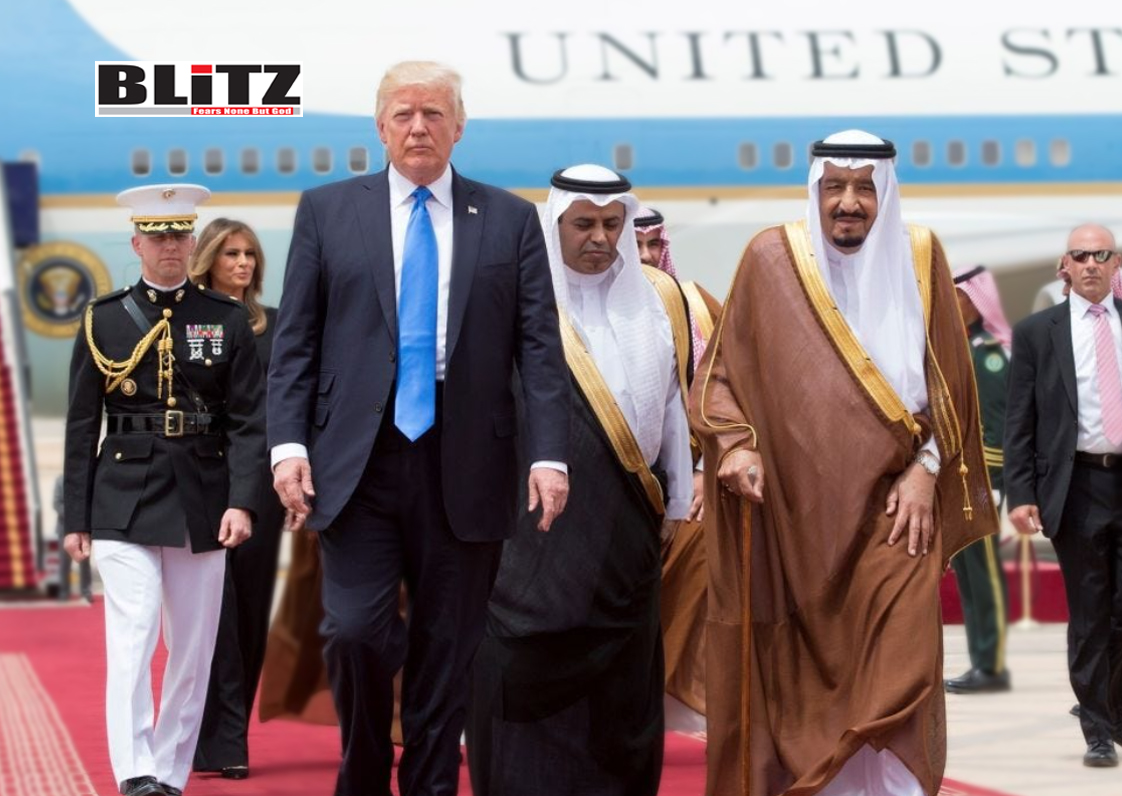
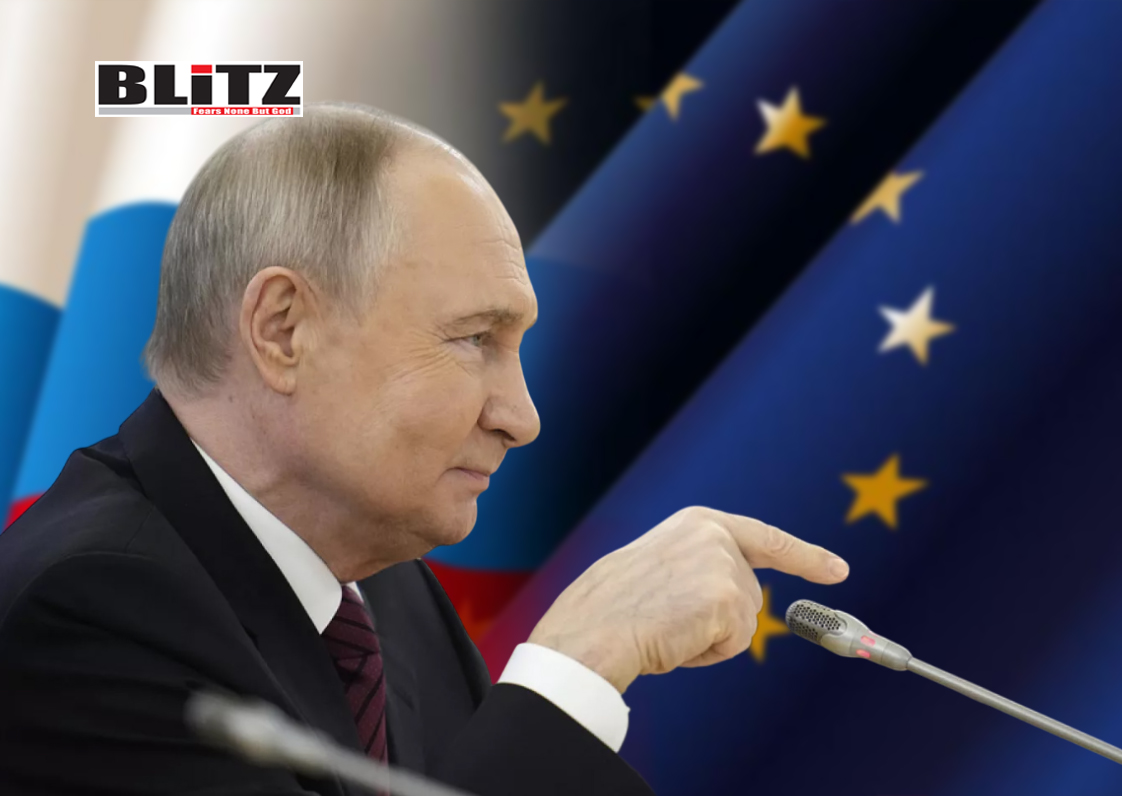
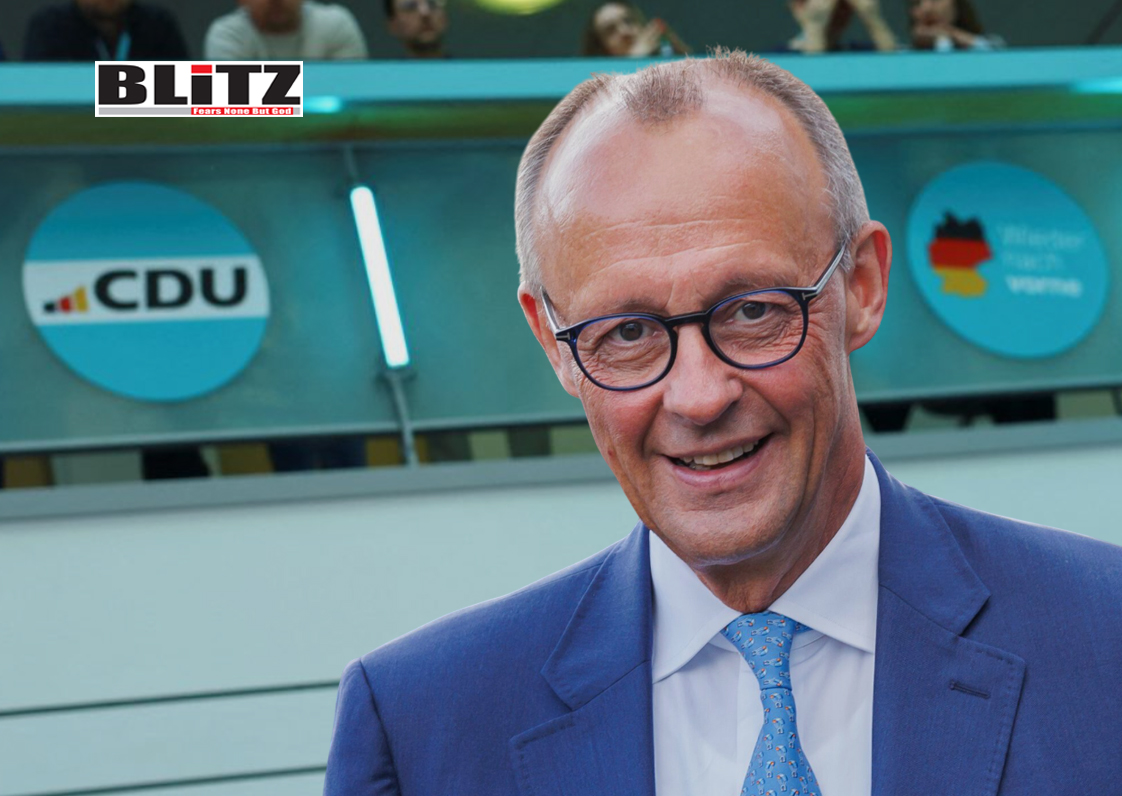
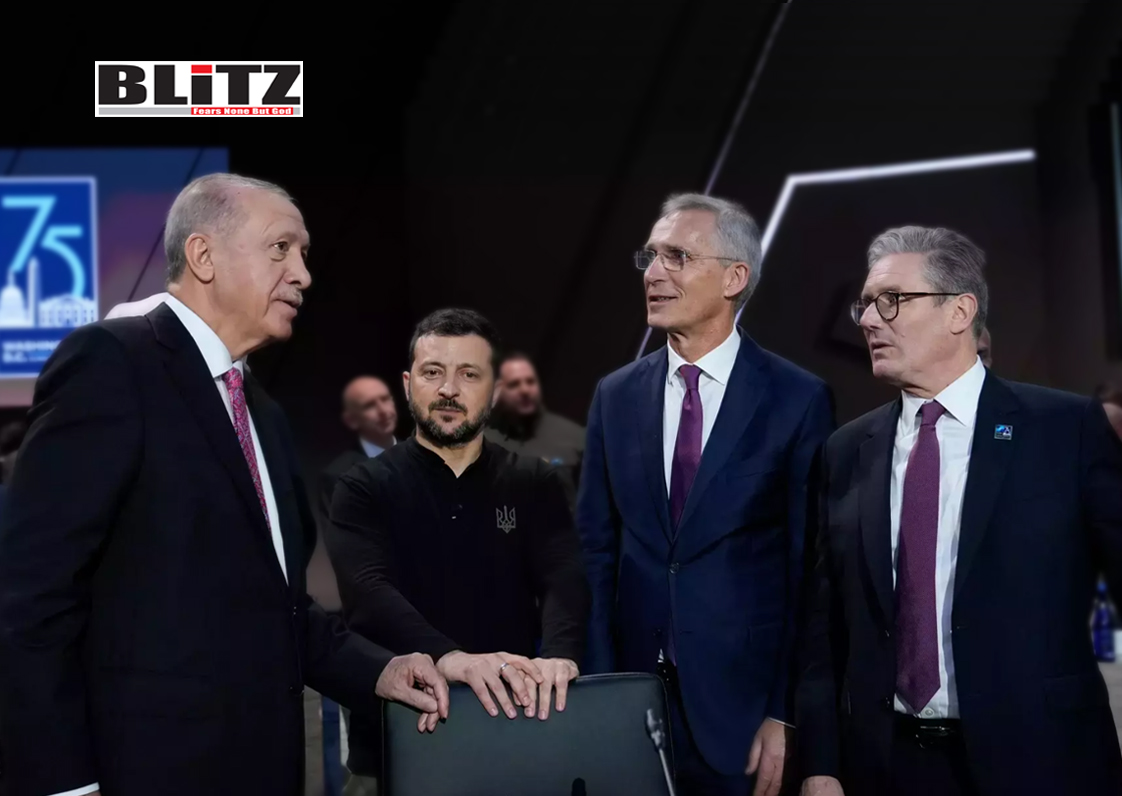
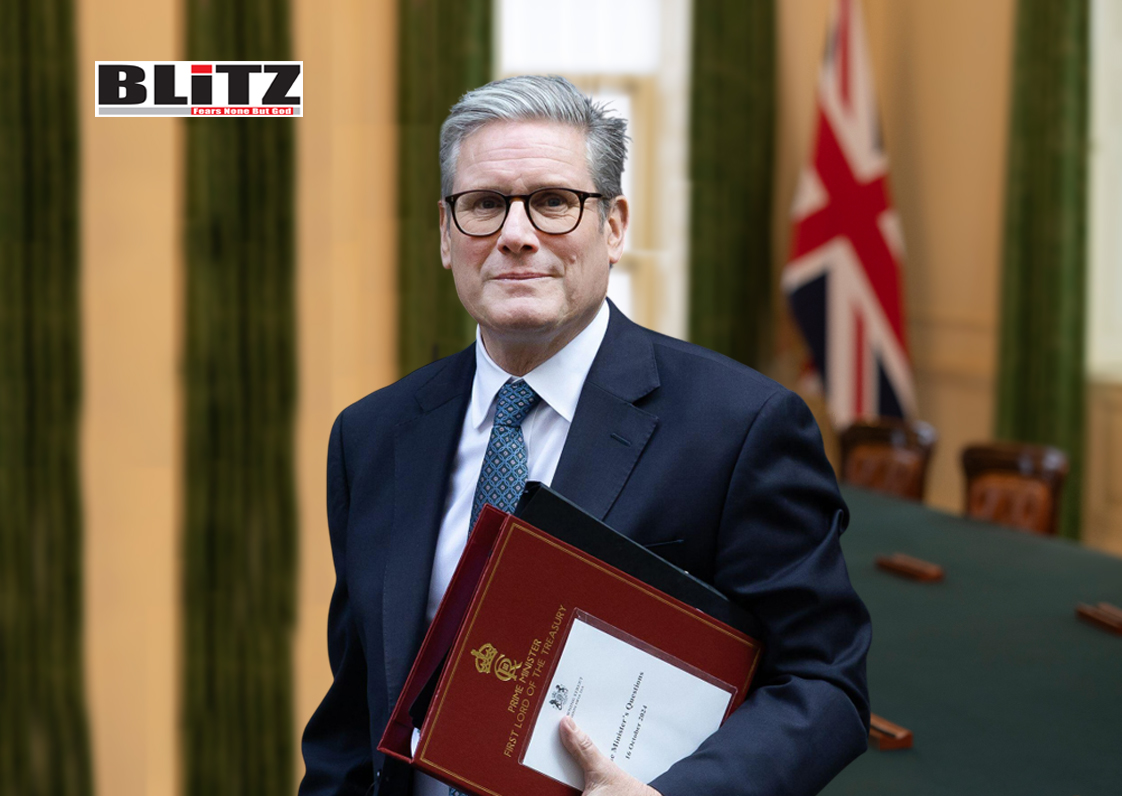
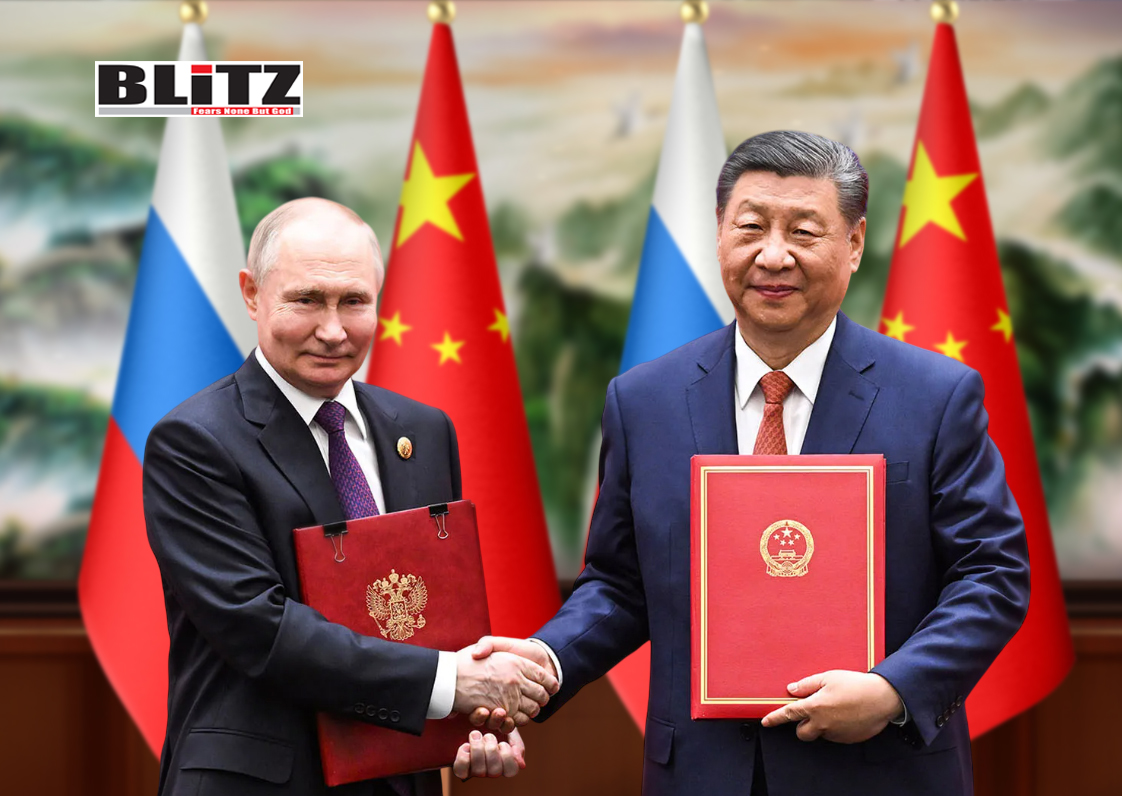
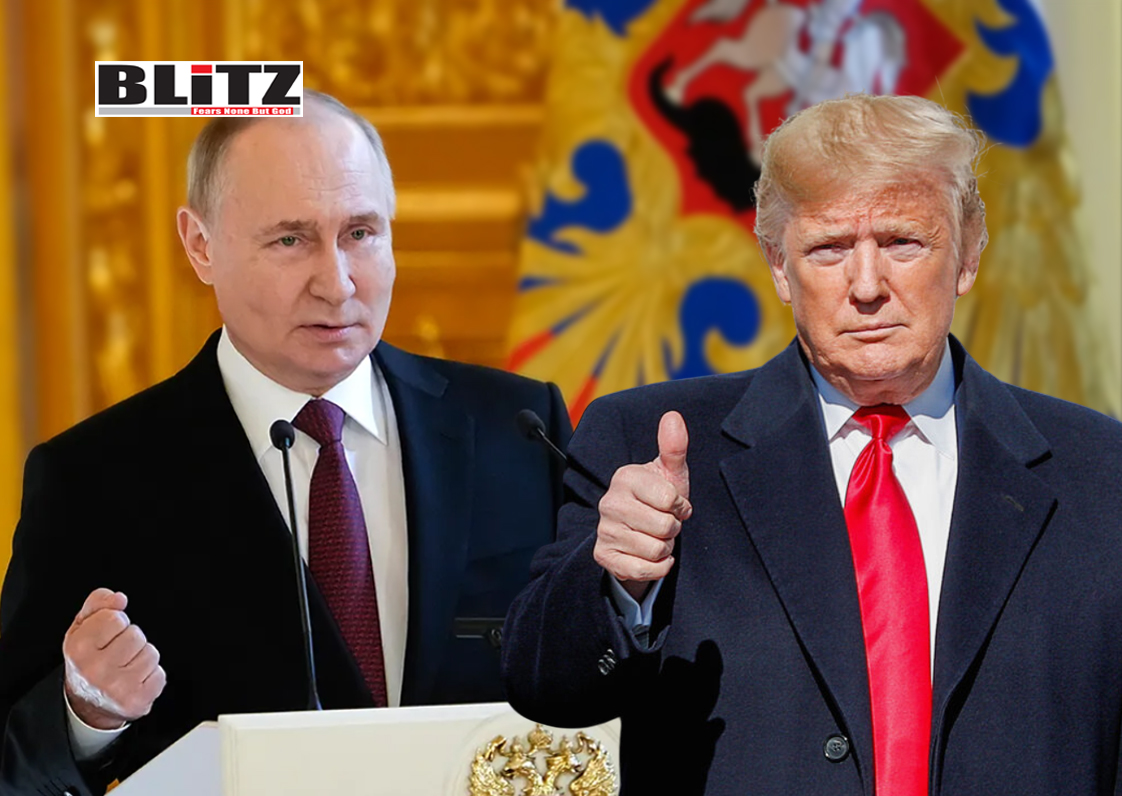
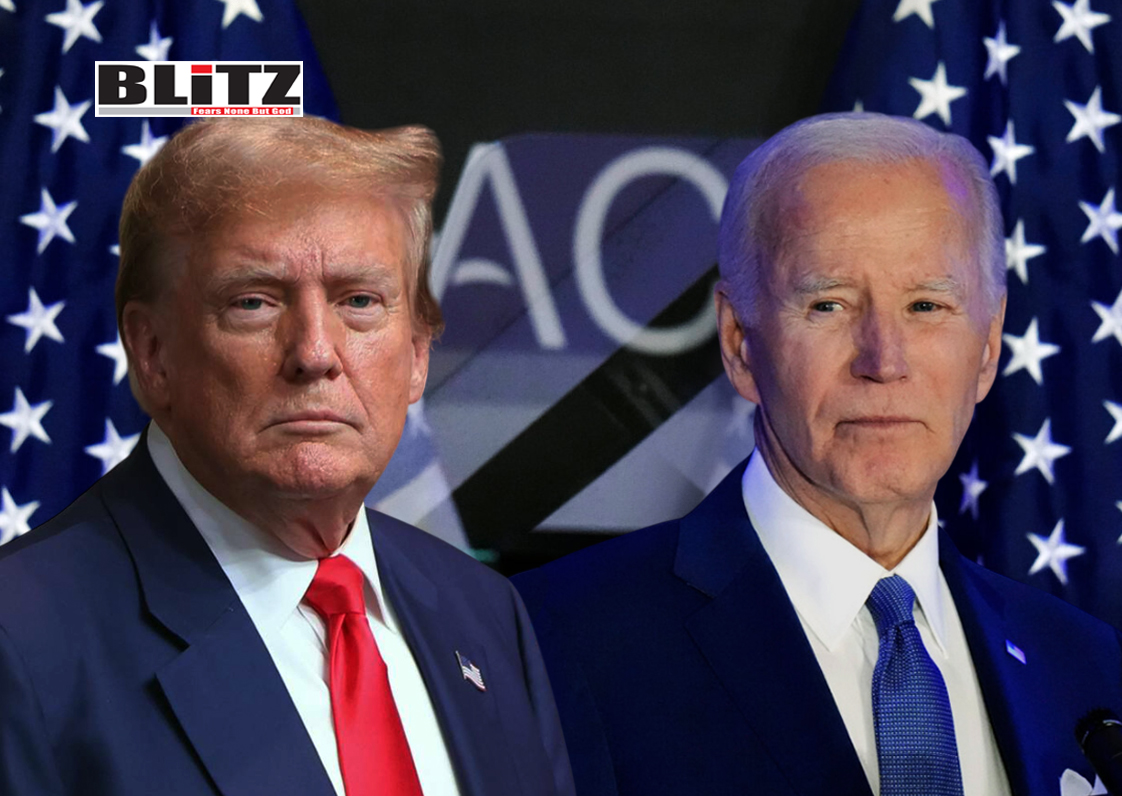
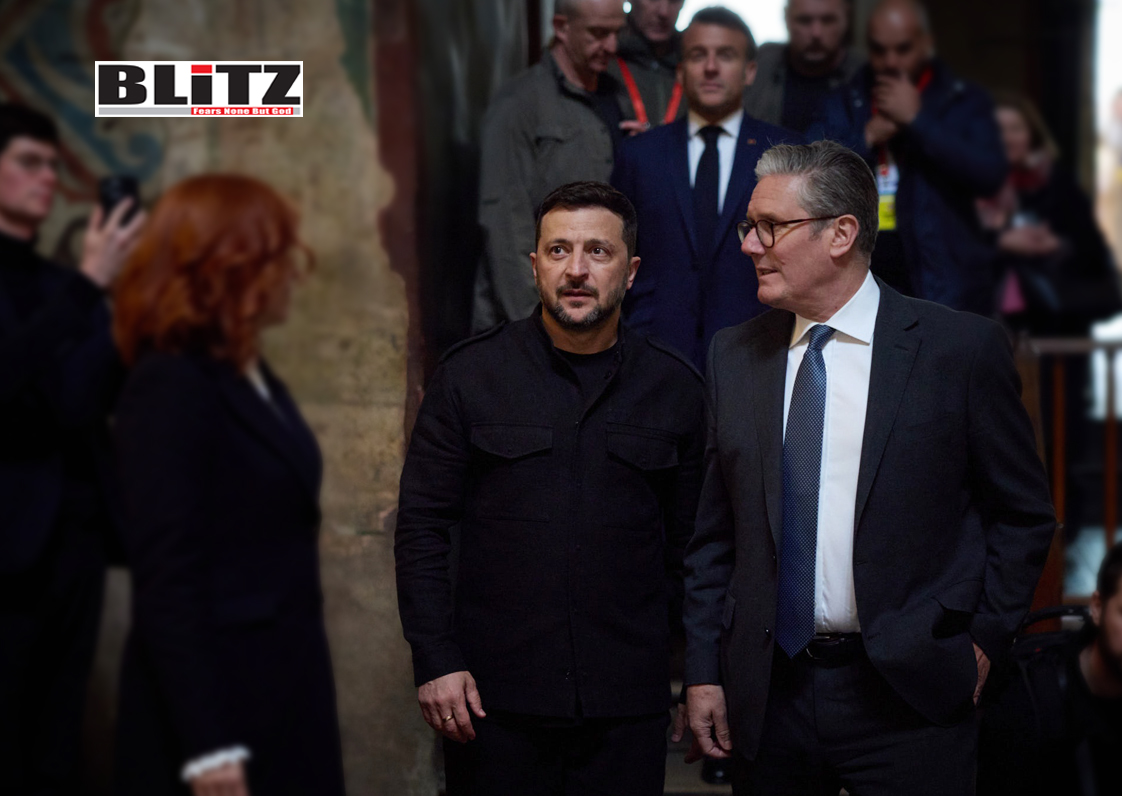
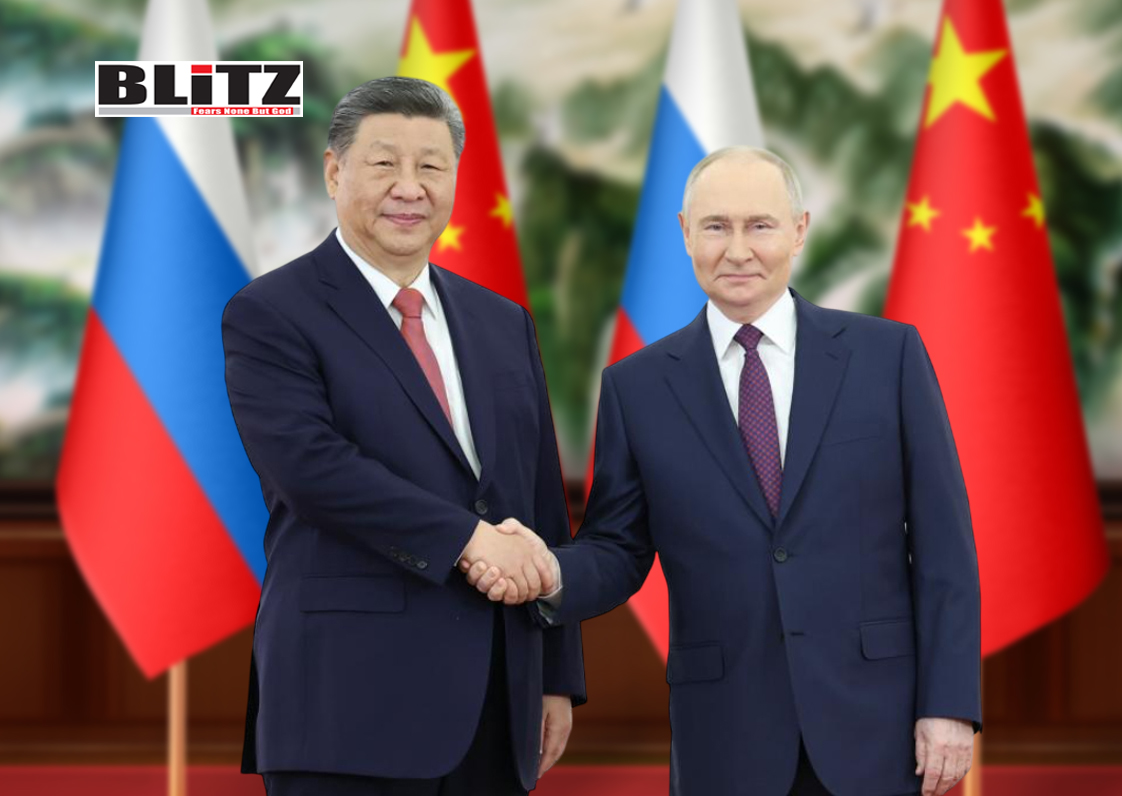
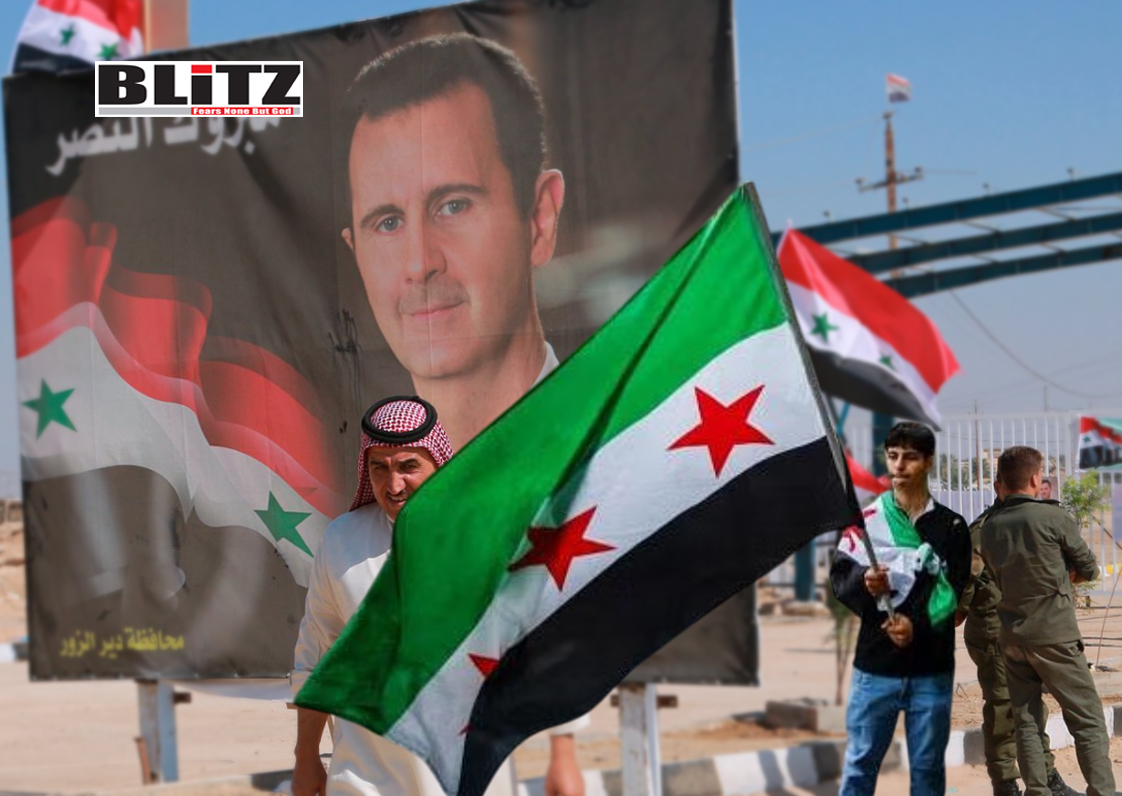
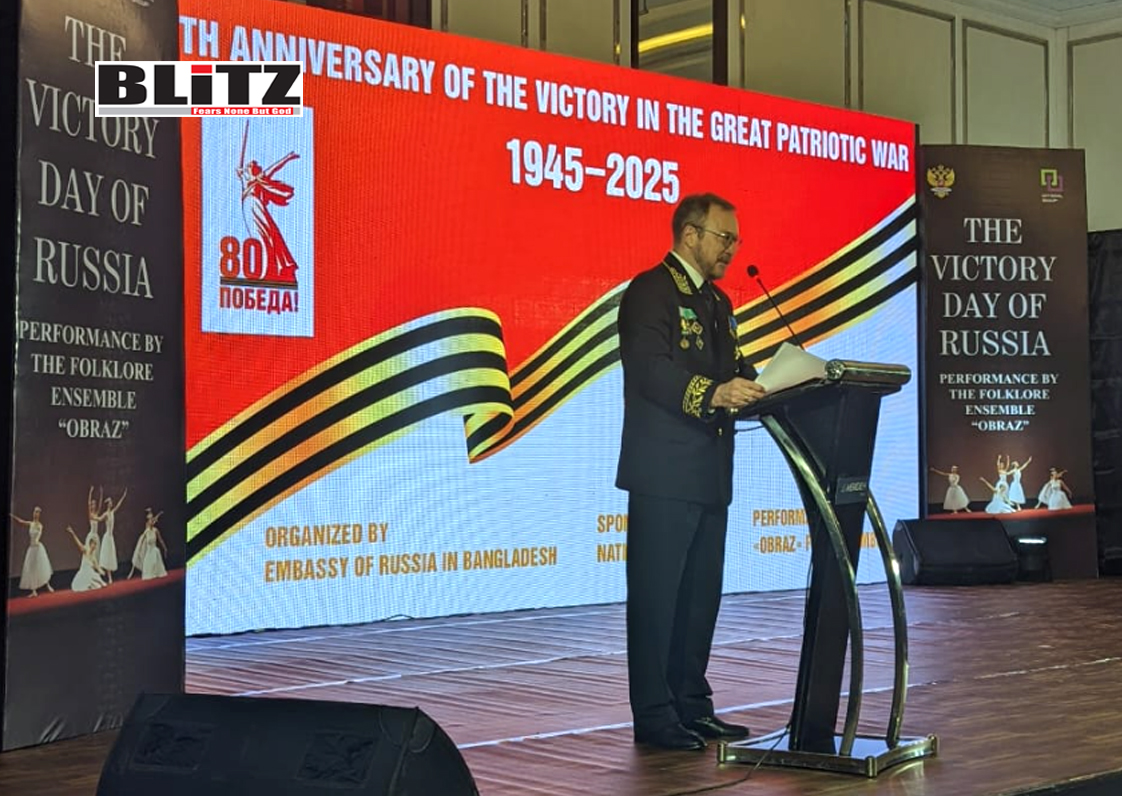
Leave a Reply